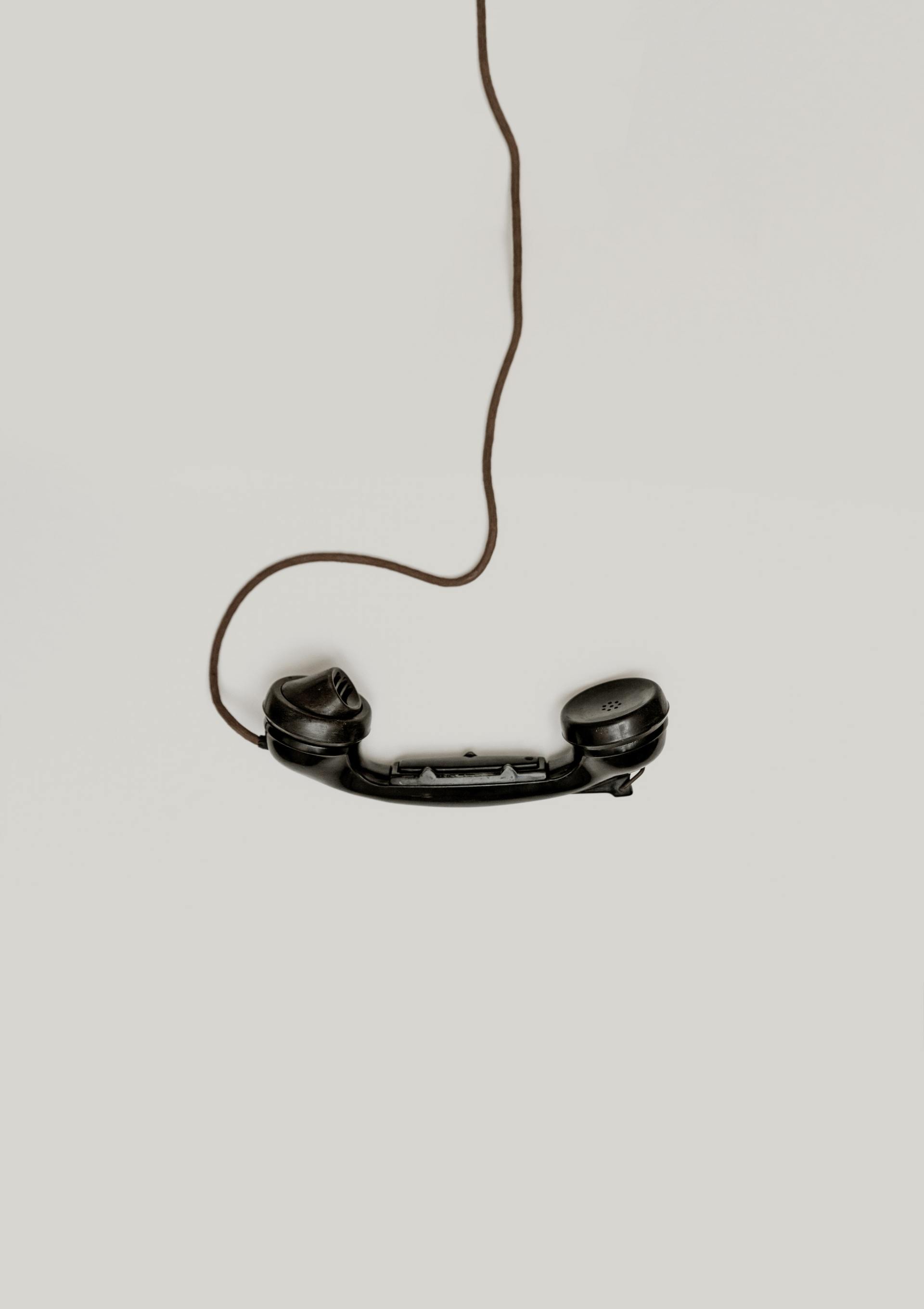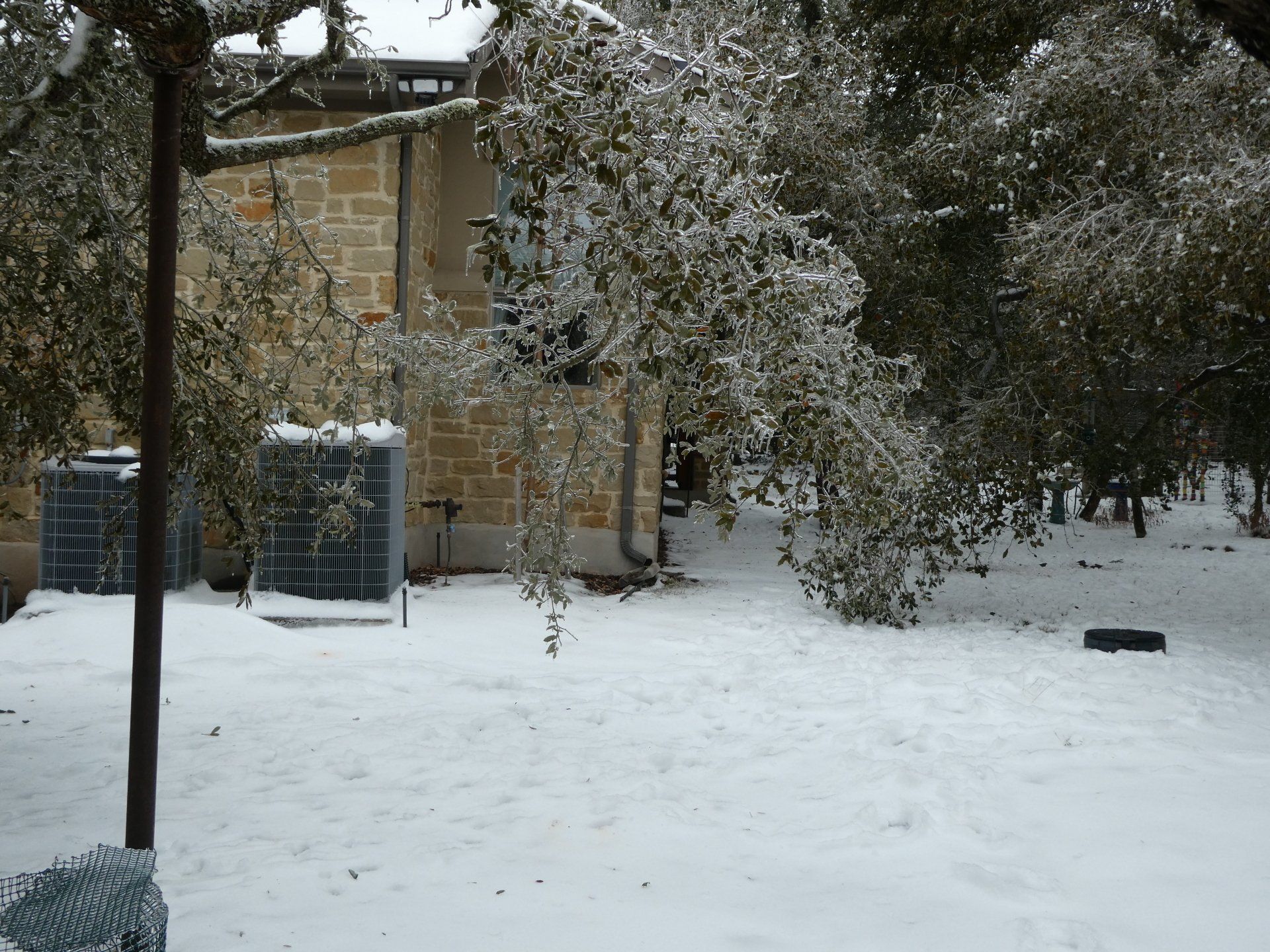How much pain can you tolerate? Discuss this!
Pain management should also include emotional and spiritual pain.
Cloud? Fog? Facing Death...
Whether emotional, spritual or physical, pain can be avoided with help.
Death is often a long process requiring help.
Death is usually a process - it takes time and intervention by others from medical personnel to loved ones. Embrace the process while respecting the invididual's wishes.
Each human copes with the inevitability of death in their own way.
People may work hard to hang on to life - some value living at all costs in all conditions more than living with quality. Personal choices should be discussed well in advance to help loved ones help the process.
At some point in life, medicine is not the cure and death knocks.
Making a decision about how much intervention you want to tolerate when death is imminent is personal. It is best discussed when you can be a part of it instead of leaving it to your loved ones who may be unsure and in conflict.
You want your wishes to be respected BUT how specific were you in both your legal paperwork and in your discussions with loved ones and your medical team? Pain does not need to be tolerated -there is relief available in most cases. Providing relief is a part of the continuum of care. We know that medical teams are infamous for ALWAYS checking your vital signs - your blood pressure, temperature, pulse, and your respiration rate. BUT why don't they also check your pain at the moment? It too is a vital sign.
And pain can also be emotional and spiritual which require the same amount of attention. The present pandemic has left people to enter hospitals alone - without emotional comfort and without human touch. Long term that loneliness and inner fear plays havoc with your heart (disease) and your mind.
Death whenever possible needs to occur in a place where you - the patient - are most comfortable and feel like you have the most control over your own life. For most people, they specifically request to die at home.
In fairness to you as the patient and to your loved one(s), the medical team needs to be upfront and state that death could come at any time. Too often one hears stories of them being shocked and completely devastated because "they" say that they had no idea death was so soon. Put yourself in a position - in the mindset - that you encourage the medical team to tell you and the patient (if possible) the truth. Often medical personnel say that they didn't want to alarm the loved ones. But by remaining silent - by hedging the conversation - there is more room for anger and lost moments.
Are you being quiet - or avoiding any discussions - because you are truly doing the right thing for the patient? Or is there a chance that you are being selfish? Hard to do introspection at this time but it would help to be aware that your own needs and fears end up coloring the thought process.
That being said, don't postpone anything you don't have to. Wait until you are old? When are you old? When will you die? We knew that mom was nearing death. The list of medications required daily kept growing. Falls continued to happen. Memory loss was becoming obvious to everyone around her. We knew that we had one last chance to take her to a childhood spot that she had been talking about. Do it! Don't keep making excuses. Every single day is a gift.
As we get our heads around the fact that death will come - and that pain management is important - and that personal wishes should be adhered to whenever possible - let us remember dignity. Humans want to retain dignity. They want to feel that they are respected for who they are and they don't have to be subjected to demeaning acts. You know your loved one - brushing or trimming hair, dressing in a flattering color, being allowed to have privacy when needing a bathroom - and you can help them retain all the dignity they can.
We are all headed for death. There is no getting around it. Making decisions that are in writing and conform to legal requirements for your state of residence are critically important! Fortunately you can make changes up until the day you can't anymore! Look at the upcoming blog. And enjoy every day! It is a gift to be savored!
also
Debbie Pepin | All Rights Reserved







